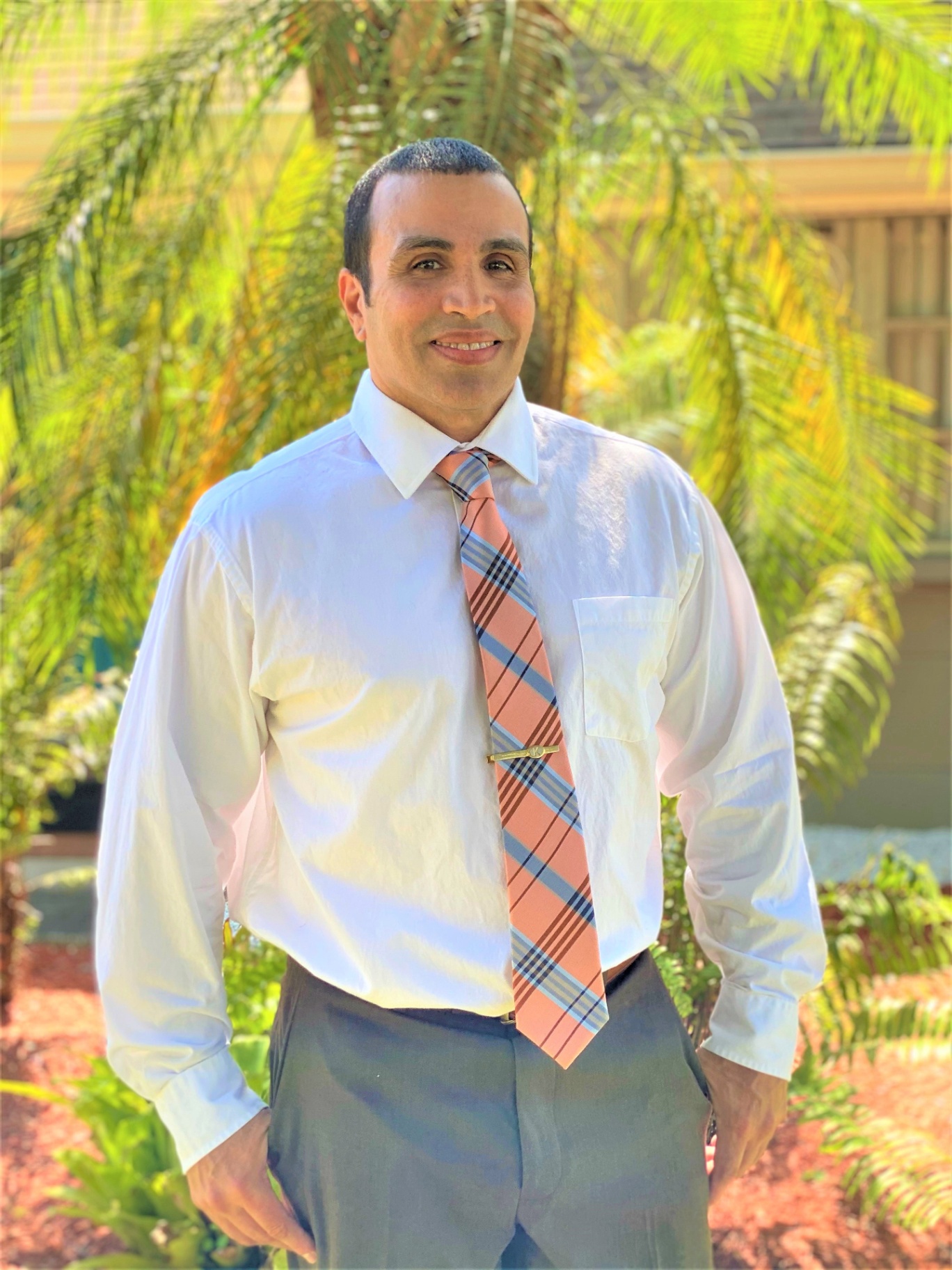
Neuropsychology Evaluations for Children and Adolescents

Neuropsychological Evaluations for Children and Adolescents
Neuropsychological evaluations are crucial tools. To understand the cognitive, emotional, and behavioral functioning of children and adolescents. These assessments go beyond traditional psychological evaluations. To provide an in-depth analysis of how a young person’s brain is functioning. Our team of clinical and board certified neuropsychologists utilizes a range of standardized tests, clinical interviews, and behavioral observations to gain insights into various areas, including:
- Cognitive abilities (such as memory, attention, and problem-solving)
- Emotional functioning and regulation
- Academic skills and learning disabilities
- Social skills and interactions
- Executive functions (planning, organization, impulse control, etc.)
By conducting thorough neuropsychological evaluations, we aim to provide a comprehensive understanding of each individual’s strengths and challenges. This information serves as a foundation for creating personalized intervention plans and recommendations.

Board Certified Clinical Neuropsychologists
Our psychology practice in Saint Petersburg, FL has board-certified clinical neuropsychologists. It is a distinctive feature of our practice to offer the expertise of board clinical neuropsychologists since there are not many board certified neuropsychologists in private practice, but primarily in academic medical centers and hospitals. While board certification is not required to practice neuropsychology, Saible Neuropsychology prioritizes the highest standards of care and professionalism to ensure you or your loved one’s overall wellbeing. Within our practice, Dr. Shivani Saible and Dr. Scott Porter are both board certified by the American Board of Professional Psychology (ABPP) and American Academy of Clinical Neuropsychology (AACN).
What Does Board Certification in Clinical Neuropsychology mean?
Board certification in clinical neuropsychology signifies the highest level of professional achievement and expertise within the field. Clinical neuropsychologists who attain this distinction have undergone rigorous training, education, and evaluation to meet the stringent standards set by professional boards. This certification is a testament to their advanced knowledge, skills, and ethical practices in the assessment and treatment of neurological and psychological conditions. It ensures that the clinician has demonstrated mastery in areas such as cognitive and emotional functioning, brain-behavior relationships, and the application of neuropsychological principles to diverse clinical populations. Choosing a board-certified clinical neuropsychologist ensures that you are receiving care from a practitioner with the highest level of competence and commitment to excellence in neuropsychological practice.

Dr. Scott S. Porter, PH.D. ABPP - Expert Clinical Neuropsychologist
Dr. Kenny Borgas, PH.D.- Bilingual and Licensed School Psychologist
 Dr. Kenny Borgas, a seasoned and bilingual School Psychologist with over 20 years of experience, specializes in psychoeducational and behavioral assessments for children and adolescents. Proficient in Cognitive Behavior Therapy (CBT), Social-Skills Training, and more, he addresses a wide array of challenges, including Anxiety, Depression, Phobias, Self-Esteem, and Behavioral Issues. Dr. Borgas excels in identifying learning disabilities, ADHD, Autism, and giftedness, offering expertise in language proficiency and bilingual assessments. A crucial contributor to multidisciplinary teams, he crafts interventions through 504 plans and Individualized Education Plans (IEPs) to support diverse needs. Holding a Doctorate in Industrial-Organizational Psychology and advanced training in School Psychology, Dr. Borgas is a valuable asset, providing holistic support and enhancing the well-being of the children and families he serves.
Dr. Kenny Borgas, a seasoned and bilingual School Psychologist with over 20 years of experience, specializes in psychoeducational and behavioral assessments for children and adolescents. Proficient in Cognitive Behavior Therapy (CBT), Social-Skills Training, and more, he addresses a wide array of challenges, including Anxiety, Depression, Phobias, Self-Esteem, and Behavioral Issues. Dr. Borgas excels in identifying learning disabilities, ADHD, Autism, and giftedness, offering expertise in language proficiency and bilingual assessments. A crucial contributor to multidisciplinary teams, he crafts interventions through 504 plans and Individualized Education Plans (IEPs) to support diverse needs. Holding a Doctorate in Industrial-Organizational Psychology and advanced training in School Psychology, Dr. Borgas is a valuable asset, providing holistic support and enhancing the well-being of the children and families he serves.
Meet Our Expert Neuropsychologists
What disorders do we provide evaluations for?
Attention Deficit/ Hyperactivity Disorder
Autism Spectrum Disorders
Behavioral Disorders (Oppositional Defiant, Conduct)
Brain Tumors & Cancer
Epilepsy & Seizure Disorders
Intellectual Disability
In-Utero Exposure
Learning Disorders: Reading (dyslexia), Math & Writing
Memory Disorders
Mild Cognitive Impairment
Mood Disorders (Depression, Anxiety, OCD)
Psychiatric Disorders
Post-Concussion Syndrome
Rare Genetic and Metabolic Conditions
Stroke
Traumatic Brain Injury

Types of Evaluations
Neuropsychological Evaluations
Psychological Evaluations
Behavioral Evaluations
Psychoeducational Evaluation
Autism Spectrum Disorder Evaluation
ADHD Evaluations
Gifted Testing

Domains Assessed With Neurological Evaluations
Academic Achievement
Adaptive Functioning
Attention
Behaviors
Executive Functioning
Intellectual Functioning
Memory
Mood / Emotions
Fine Motor Speed & Coordination
Processing Speed
Speech & Language
Visuoconstruction Abilities

Dyslexia- Reading Learning Disorder
Dyscalculia- Mathematics Learning Disorder
Dyscalculia—also known as mathematics disorder—is defined as a difficulty to comprehend mathematics when acknowledging chronological age, intelligence, and adequate instruction.
Dyscalculia or Math Disability Symptoms & Warning Signs:
- Mixing random numbers and symptoms when reading
- Difficulty remembering numbers, math rules and procedures.
- Difficulty with mental figuring
- Using fingers or marks to calculate
- Difficulty telling time, managing time, and punctuality
- Directional confusion during math tasks, with direction, and completing physical sequences like dancing, sports, playing music, etc.
- Able to follow patterns and finish mask task, but quickly forgets
- Difficulty recognizing or imagining abstractions, quantities, layouts, clocks, numbers, figures.
- Difficulty with working memory and retention.
Dysgraphia- Written Expression Learning Disorder
Dysgraphia—also known as Writing Disorder or Disorder of Written Expression—is defined as impaired handwriting, impaired spelling, or both. Children with dysgraphia may have impaired handwriting, however they appear to have no difficulty with reading. Dysgraphia can present alone, with Dyslexia, or with oral and written language learning disorder (which is also known as Selective Language Impairment).
Dysgraphia or Writing Disability Symptoms & Warning Signs:
- Difficulty with storing written words
- Difficulty with creating permanent memory of written words, like pronunciation or spelling.
- Impaired handwriting
- Impaired spelling (without reading problems)
Understanding Learning Disorders
Is your child having trouble with reading, expressing thoughts on paper, or understanding basic math concepts?
Your child may benefit from a comprehensive psychoeducational evaluation to assess for Reading Disorder (dyslexia), Disorder of Written Expression (Dysgraphia), or Mathematics Disorder (Dyscalculia).
How Are Learning Disorders Diagnosed?
Learning disabilities are diagnosed through psychoeducational evaluations which include a thorough clinical interview discussing your child’s early school performance, analyzing and understanding current challenges, and administering appropriate cognitive, intelligence, and academic tests to assess these noted areas of difficulty. Psychoeducational evaluations help to identify your child’s strengths and weaknesses in different educational areas and understand why your child is struggling. These evaluations assist in identifying academic success and weaknesses in school by evaluating specific areas of learning such as reading, writing, or math.
How Are Learning Disorders Treated?
Dyslexia can be an inherited disorder and is a lifelong condition. As with many disorders, the earlier the better for identifying learning disorders in order to achieve the utmost success. Once diagnosed with dyslexia, or reading disorder, your child will require help and assistance from tutors, teachers, and therapists who have obtained proper education and training in learning disabilities. Many children with dyslexia require one-on-one assistance in order to move at their own pace. Additionally, as a parent, you can assist your child through various at-home techniques which our neuropsychologist will provide you with at your feedback appointment.
Dyscalculia and dysgraphia can be improved through assistance from tutors, teachers, and therapists who have also obtained proper training and education in learning disabilities. Like dyslexia, if your child is diagnosed with a math or writing disability, they may require school accommodations and modifications. Your child’s neuropsychologist will provide you will additional techniques you can work on with your child in their everyday life.
Some schools offer academic accommodations to help students with learning disabilities through an Individualized Education Program (IEP). It is important for you to discuss this information with your child’s school or teacher in order to understand your school’s process for obtaining accommodations and modifications under an IEP.
Understanding ADHD in Children
While it’s normal for kids to forget their homework, daydream during class, or act without thinking; inattention, impulsivity, and hyperactivity are also signs of attention deficit hyperactivity disorder or ADHD. ADHD makes it difficult for a person to inhibit their spontaneous responses, including everything from movement to speech to assertiveness.
Attention-Deficit/Hyperactivity Disorder (ADHD) is a common neurodevelopmental disorder that affects children and adolescents. It is characterized by persistent patterns of inattention, hyperactivity, and impulsivity that can impact academic performance, social interactions, and overall quality of life. At Saible Neuro, we specialize in assessing and supporting children with ADHD.
Children With ADHD May:
- Have trouble staying focused or get easily distracted
- Appear not to be listening when spoken to
- Constantly fidgeting and squirming
- Talk excessively
- Act without thinking
- Interrupt often, or say the wrong thing at the wrong time
- Have a quick temper or “short fuse”
Whether or not your child’s symptoms of inattention, hyperactivity, and impulsivity are due to ADHD, they can cause problems if left untreated. Children who can’t focus or control themselves or get into trouble at school often find it hard to make friends. These frustrations can later lead to low self-esteem as well as friction for the whole family.
Treatment can make a dramatic difference in your child’s symptoms. With the right support, your child can get on track for success in all areas of life.

Ready For Your Child to Receive Neuropsychological Testing in Saint Petersburg, FL?
Discover the answers your child needs with neuropsychological testing. Our expert team of neuropsychologists at Saible Neuropsychology specializes in uncovering the unique challenges children and adolescents may face in neurological and behavioral health. Take the first step towards a brighter future for your child by following these three simple steps:
- Contact us to schedule an appointment for your child
- Begin working with a skilled neuropsychologist
- Help your child overcome their emotional and behavioral challenges!
Other Services Offered at Saible Neuropsychology
At Saible Neuropsychology, our team wants to help you or a member of your family with whatever struggle you may be facing. So in addition to Child and Adolescent Neuropsychological Evaluations, our team offers Adult Neuropsychological Evaluations, Memory and Dementia Evaluations, Gifted Evaluations, and ADHD Evaluations. We also provide individual therapy services for children, teens, and adults. Be sure to check out our FAQs and Blog to learn more about us and our services!











